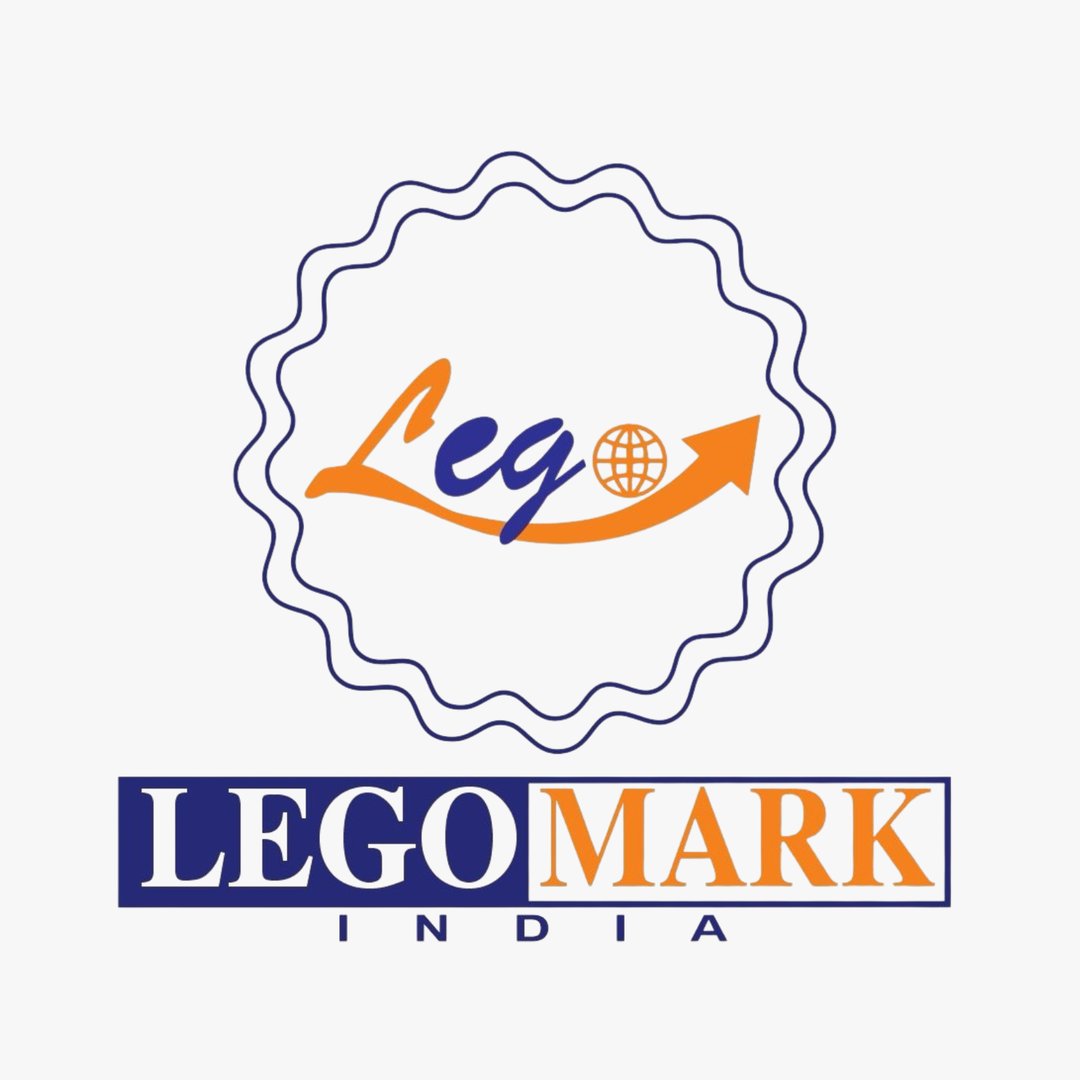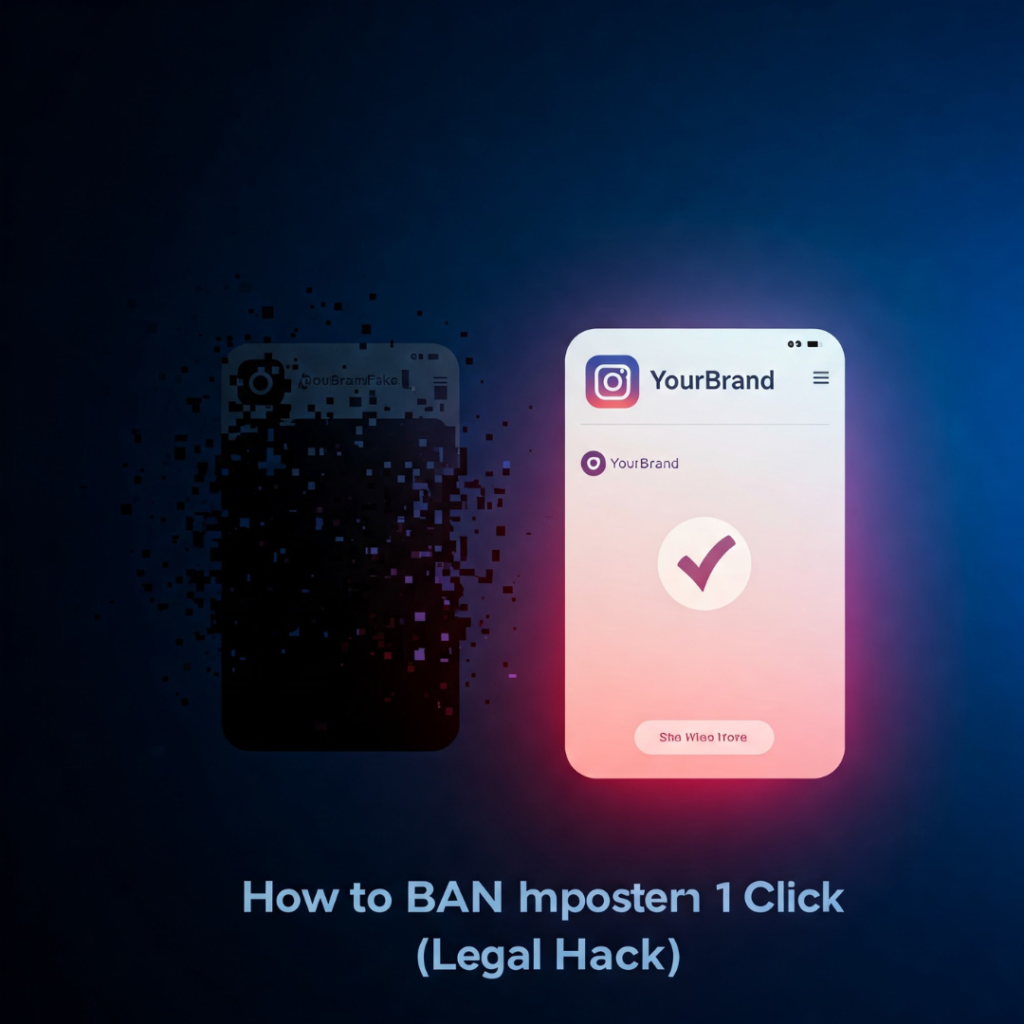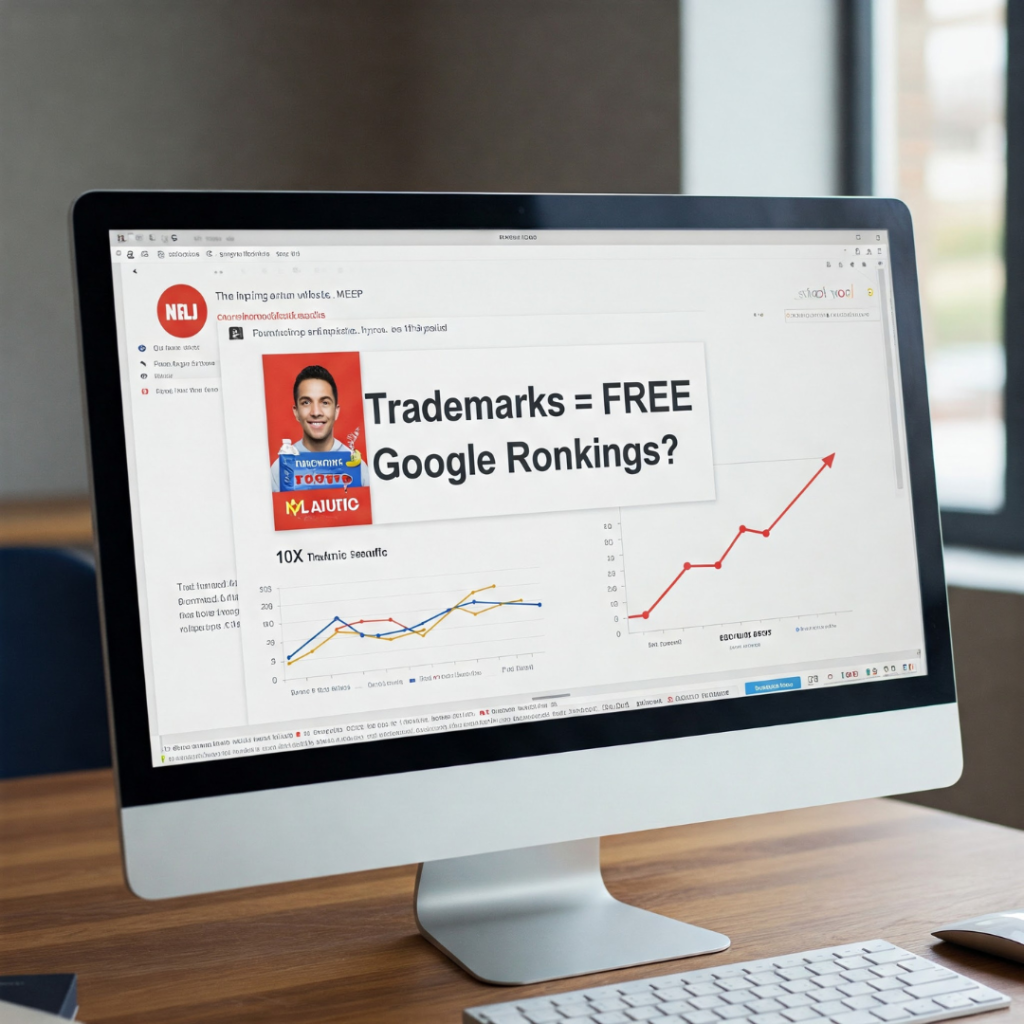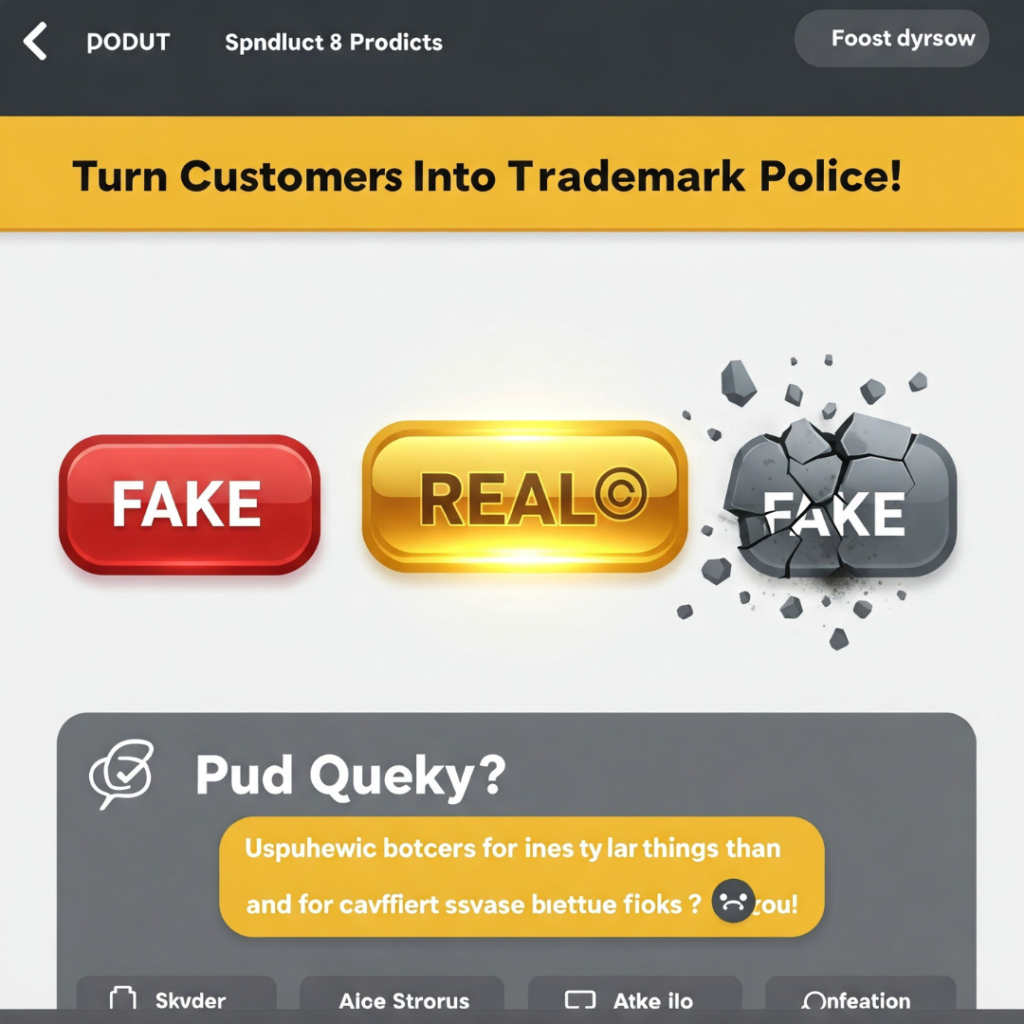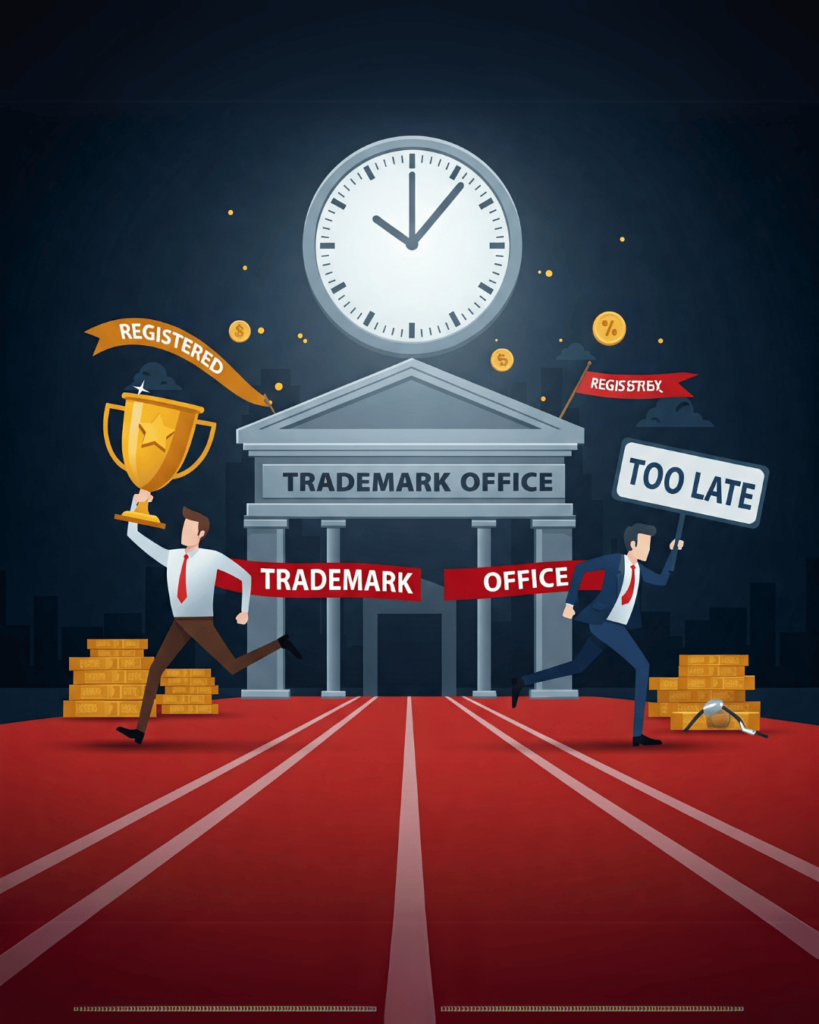In the digital age, e-commerce has revolutionized the way businesses operate and connect with customers. With millions of online transactions happening every day, your brand’s identity is more important than ever. A strong trademark is essential for standing out in the crowded online marketplace and building trust with your customers. At LegoMark India, we’re here to help you understand the critical role of trademarks in e-commerce and online branding. In this blog, we’ll explore how trademarks protect your online presence, enhance your brand’s credibility, and drive business growth.
Why Trademarks Matter in E-Commerce
- Brand Recognition
In the vast online marketplace, your trademark is often the first thing customers notice. A strong trademark helps your brand stand out and creates a lasting impression. For example, when customers see the Amazon logo or the Flipkart name, they immediately recognize the brand and its offerings. - Consumer Trust
A registered trademark signals to customers that your business is legitimate and professional. It builds trust and credibility, which are crucial for customer loyalty and repeat purchases. - Protection Against Infringement
E-commerce platforms are rife with counterfeit products and copycat brands. A registered trademark gives you the legal right to take action against infringers, protecting your brand’s reputation and revenue. - Global Reach
E-commerce allows businesses to reach customers worldwide. A registered trademark ensures your brand is protected in multiple jurisdictions, preventing others from using your mark in foreign markets.
How Trademarks Enhance Online Branding
1. Domain Name Protection
Your domain name is a critical part of your online branding. A registered trademark can help you secure your domain name and prevent others from using similar names. For example, if you own the trademark “LegoMark,” you can take legal action against someone using “LegoMarkIndia.com” without your permission.
2. Social Media Presence
Social media platforms are essential for online branding, but they are also a common source of trademark infringement. A registered trademark allows you to claim your brand name on platforms like Instagram, Facebook, and Twitter, preventing others from using it.
3. Search Engine Optimization (SEO)
A strong trademark can improve your SEO by making your brand more recognizable and searchable. When customers search for your trademarked name, your website is more likely to appear at the top of the search results.
Challenges of Trademark Protection in E-Commerce
- Counterfeit Products
Counterfeit products are a major issue in e-commerce. These products not only harm your revenue but also damage your brand’s reputation. A registered trademark allows you to take legal action against counterfeiters and remove their listings from online marketplaces. - Cybersquatting
Cybersquatting occurs when someone registers a domain name that is similar to your trademark with the intent to sell it to you at a high price. A registered trademark gives you the legal right to challenge cybersquatters and reclaim your domain name. - Global Infringement
E-commerce allows businesses to reach customers worldwide, but it also exposes them to global infringement. A registered trademark in multiple jurisdictions ensures your brand is protected wherever you do business. - Brand Dilution
Brand dilution occurs when a trademark is used in a way that weakens its distinctiveness. For example, if a competitor uses a similar name or logo, it can confuse customers and dilute your brand’s identity. A registered trademark allows you to take action against brand dilution.
How to Protect Your Trademark in E-Commerce
1. Register Your Trademark
The first step in protecting your trademark is to register it with the appropriate trademark office. This gives you exclusive rights to use the mark in connection with your goods or services.
3. Enforce Your Rights
If you discover an infringement, take swift action to enforce your rights. This may include sending cease-and-desist letters, filing lawsuits, or working with online marketplaces to remove infringing listings.
2. Monitor for Infringement
Regularly monitor online marketplaces, social media platforms, and domain registrations for potential infringements. At LegoMark India, we offer trademark monitoring services to alert you to unauthorized use of your mark.
Real-Life Examples of Trademark Protection in E-Commerce
1. Amazon
Amazon has a strong trademark portfolio that protects its brand name, logo, and domain name. The company actively monitors for counterfeit products and takes legal action against infringers.
How LegoMark India Can Help
At LegoMark India, we specialize in helping businesses protect their trademarks in the e-commerce space. Our services include:
Conclusion
In the fast-paced world of e-commerce, a strong trademark is essential for protecting your brand and building customer trust. From securing your domain name to combating counterfeit products, trademarks play a critical role in online branding. At LegoMark India, we’re here to help you navigate the complexities of trademark protection in the digital age.
Don’t let your brand get lost in the online marketplace. Let LegoMark India help you secure and enforce your trademark rights. Contact us today to get started!
